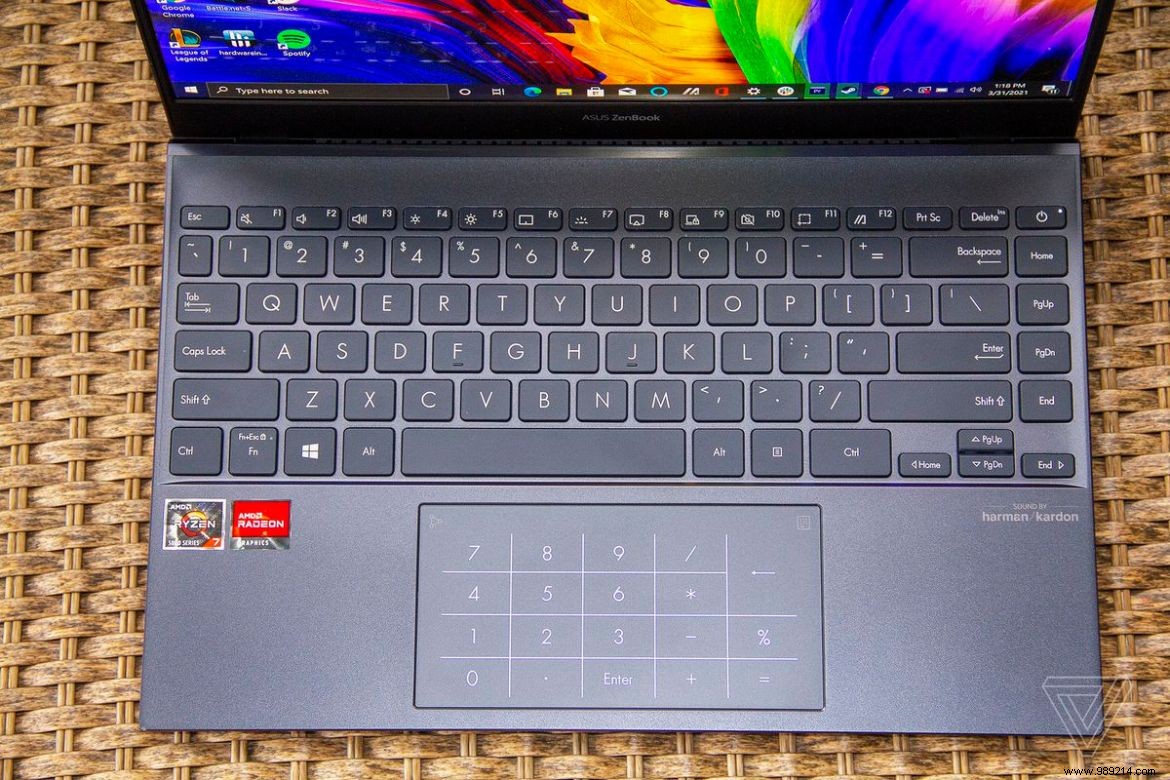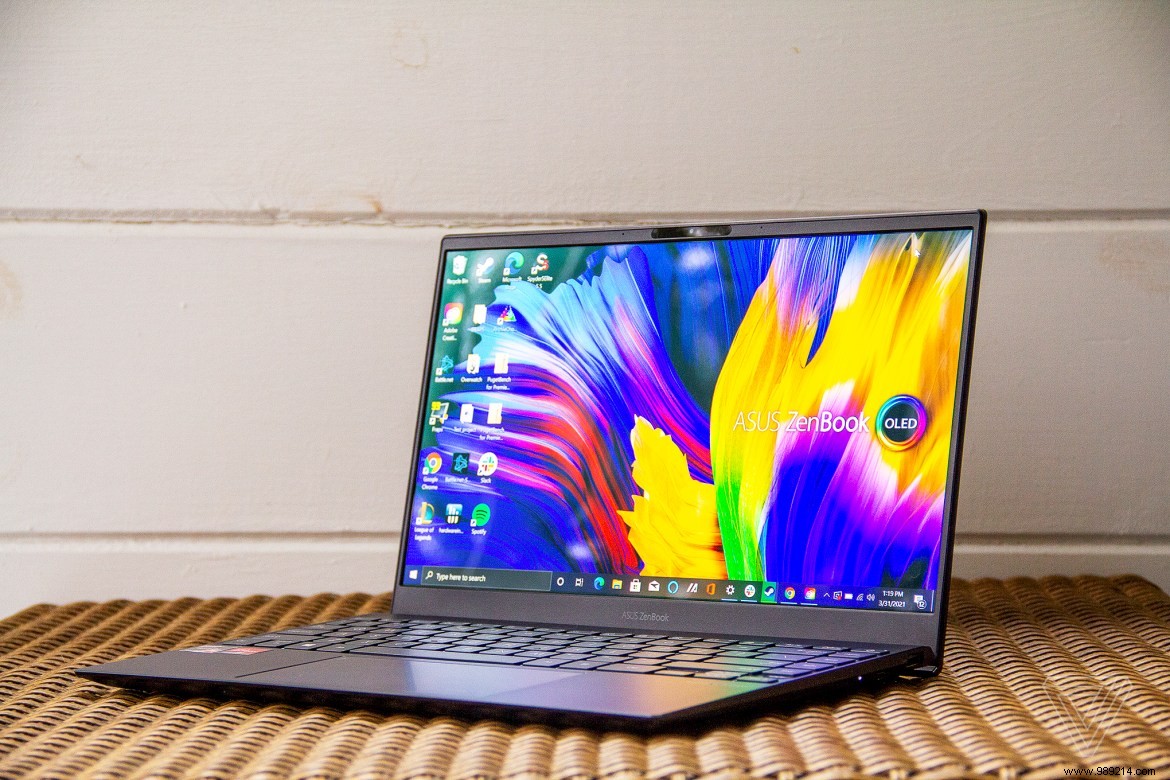OLED has been commonplace in high-end TVs for some time, but it continues to make its way into mainstream laptops. This is good news for buyers looking for a more dynamic multimedia experience. OLED panels have unbeatable contrast ratios, combining the blackest possible blacks with the whitest possible whites. They take entertainment to a new level and can also help you with your creative photo and video work.
Not so long ago, OLED laptops were a luxury purchase. But small consumer OLED devices are becoming more common every year. Whether you're a die-hard OLED enthusiast or just looking for a way to enhance your movie-watching experience, you now have two excellent 13-inch OLED machines to choose from:the Dell XPS 13 and the Asus ZenBook 13 The question is:which one to buy?
The TL; DR is that the XPS is a more expensive and more specialized buy, while the ZenBook has more configuration options. Specs and pricing should make that clear. Dell's machine only comes with an Intel Core i7-1185G7 processor - there are no other processor options. You can pair this processor with 16GB of RAM and 512GB of storage for $1,549.99, and can upgrade it to 2TB of storage and 16GB of RAM for $1,999.99 or 32GB of RAM and 1TB of storage for $2,269.99.
With ZenBook 13 OLED, you really get to choose your processor. For the starting price of $799.99, you can get an AMD Ryzen 5500U, 8GB of RAM and 512GB of storage, or a Core i5-1135G7, 8GB of RAM and 256GB of storage. Then you can get a Core i7-1165G7 or a Ryzen 7 5700U, both with 8GB of RAM and 512GB of storage, for $899.99. On top of that, there's a model with a Core i7-1165G7, 16GB of RAM, and 512GB of storage for $1,099.99.
So these laptops fill quite different niches. The ZenBook offers affordable options for a variety of needs, while the XPS is a powerful computer for people with deeper pockets. The main question to ask yourself is whether the added benefits of OLED XPS are worth the extra money.
To help you answer that question, I have a summary of the selling points and cons of each product below.

Don't let the low price fool you:the Asus ZenBook 13 OLED is one of the best 13-inch laptops you can buy. Its main selling point is battery life. The AMD configuration I reviewed excelled in this area, averaging over 11 hours in my tests. It's also one of the lightest laptops in its class, weighing just over two and a half pounds.
The other main advantage of the ZenBook is its flexibility:you can choose your processor. The eight-core AMD model offered excellent performance (plus its long battery life), tearing through my daily workload and running lighter games at playable frame rates as well. People who might prefer quad-core Intel models are those who want to connect Thunderbolt 4 accessories (a standard not available on AMD models) or want to take advantage of Intel's Quick Sync feature for video work.
That said, you do make some compromises for this low price. If you put the ZenBook next to the XPS, it'll be clear which is more expensive – the ZenBook has a somewhat plastic look and feel, with a good amount of flex in the chassis and a soft hinge. The lid is also quite a fingerprint magnet, toning down the look of its otherwise cool concentric swirl design.
The other major differentiator is screen resolution. While many OLED panels are 4K, the ZenBook actually has an FHD OLED display. It still looks good, but it won't look as stunning as it does with a 4K OLED device (like Gigabyte's creator-focused Aero 15 OLED). Oh, and there's no headphone jack.
Overall, the ZenBook is still an impressive package for its price, but there are potential issues. Here's how I summed it up in my review:

Asus ZenBook 13 OLED
$800
The ZenBook 13 OLED starts at $799.99 for a Ryzen 5 or Intel Core i5 processor.